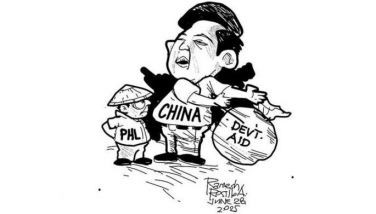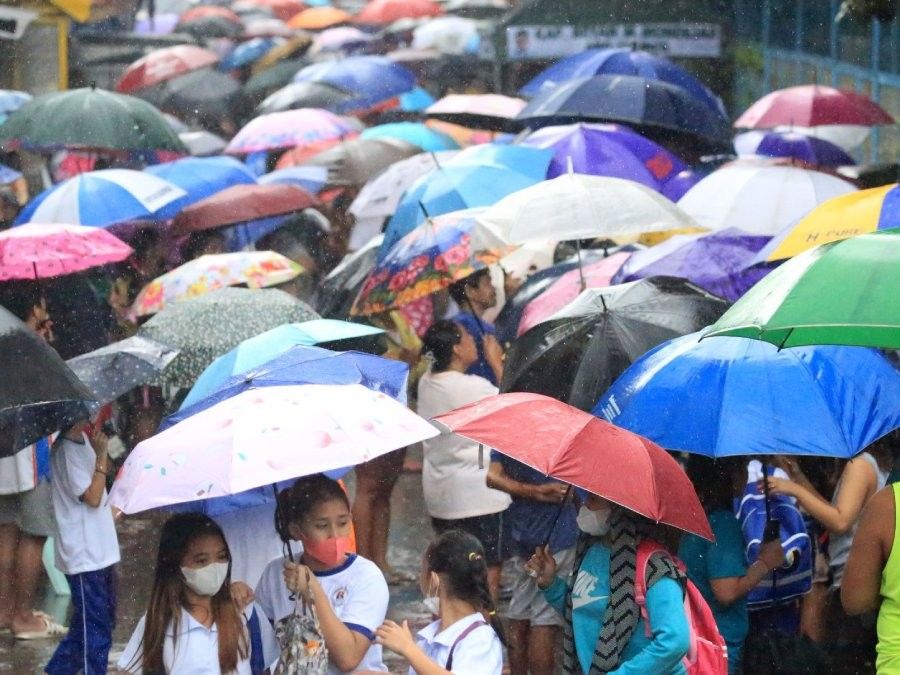
Upgrade to High-Speed Internet for only ₱1499/month!
Enjoy up to 100 Mbps fiber broadband, perfect for browsing, streaming, and gaming.
Visit Suniway.ph to learn
EJ Macababbad - The Philippine Star
July 4, 2025 | 12:00am
The EU election observation mission released seven priority recommendations mostly addressed to Congress, which include the adoption of a unified legal framework for the electoral system as well as clear and objective criteria for rejecting candidates; and the removal of blanket restrictions for convicts.
STAR / File
MANILA, Philippines — It is up to lawmakers to consider the 21 recommendations laid out in the final postmortem report on the 2025 midterm elections released yesterday by European observers.
This was according to Manuel Sánchez de Nogués, deputy chief election observer for the European Union, in an interview with “Storycon” on One News.
The EU election observation mission released seven priority recommendations mostly addressed to Congress, which include the adoption of a unified legal framework for the electoral system as well as clear and objective criteria for rejecting candidates; and the removal of blanket restrictions for convicts.
“We’re not imposing anything; we’re just recommending,” de Nogués said. “These are specific recommendations to lawmakers who can change laws.”
The report commended the Commission on Elections (Comelec) for issuing resolutions that substantially improved regulations on overseas voting, digital campaigning, disinformation, artificial intelligence and campaign activities.
Nonetheless, persistent and decades-long issues such as electoral violence and vote buying remain a top concern for observers.
“While most EU observers described the campaign as calm, some reported intimidation, harassment and violence targeting local candidates, their teams and even election officials,” the report stated.
The Philippine National Police recorded 49 election-related incidents, mostly in the Bangsamoro region.
A separate tally from the non-government Climate Conflict Action Asia pegged a much higher figure of 242, spanning from the filing of candidacy in October 2024 to election day on May 12.
“One person killed is one too many,” de Nogués stressed.
Vote buying is still rampant, the EU observers lamented, despite efforts by the Comelec to contain it.
Observers reported “credible reports of vote buying through the distribution of cash and goods, including instances of so-called ‘bidding wars’ among candidates.”
Comelec Task Force Kontra Bigay, which was formed to combat vote buying, received 806 complaints from May 12 to 16, according to Commissioner Ernesto Maceda Jr.
The poll body issued over 200 show-cause orders against candidates facing allegations of vote buying.
About 226 observers from the EU, Canada, Norway and Switzerland monitored the midterm polls from the start of the local campaign on March 28 until June 2.

 10 hours ago
2
10 hours ago
2




